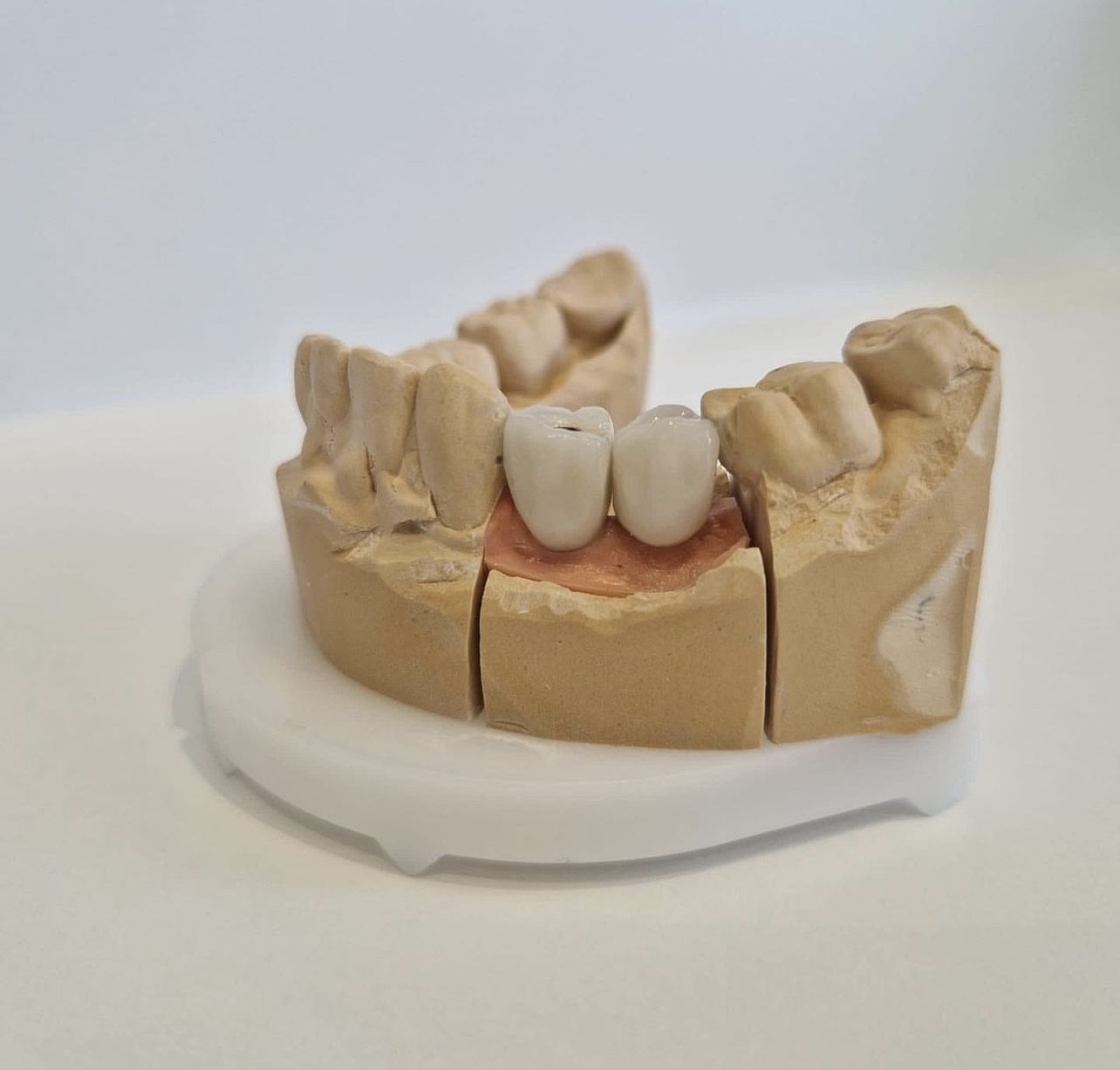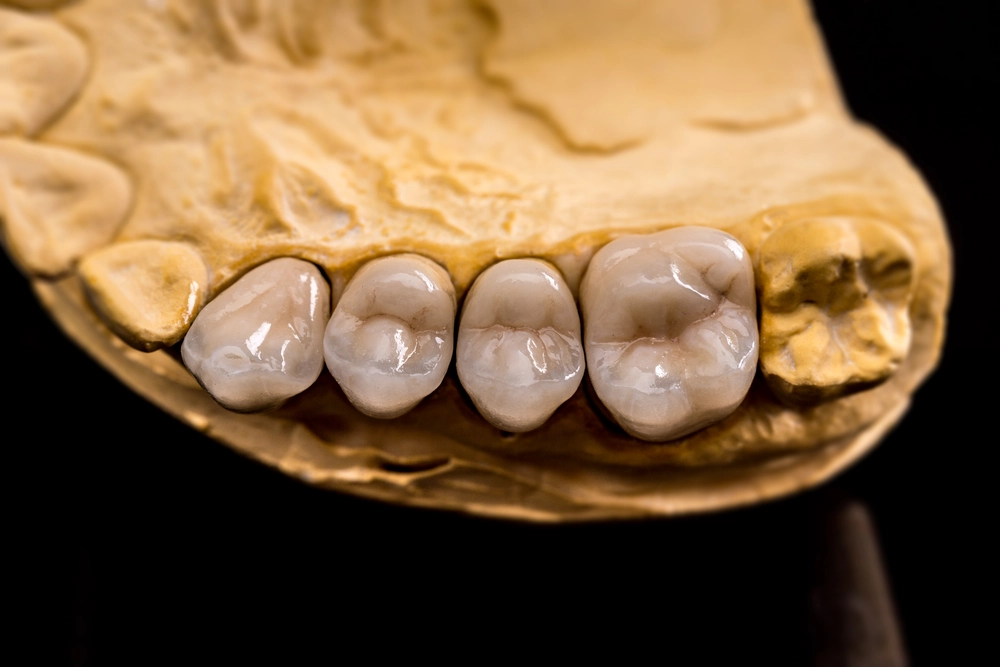OVERVIEW
A dental bridge is an artificial tooth placed where a tooth is missing. This artificial tooth is then attached to the teeth on either side. Dental bridges can be utilised where implants cannot physically be placed, for instance, if there is not enough bone, or if there are medical conditions that would advise against implant treatment. Bridges are also less costly than implants.
There are many benefits of dental Bridges, including smile restoration, maintaining the shape of your face, restoring the ability to chew better and preventing any tooth drifting.
APPOINTMENT INFORMATION
During the first visit for a dental bridge, the teeth are prepared, preparation can involve re-contouring these teeth. Next, impressions of the teeth are made, which serve as a model from which the bridge will be made by a dental lab. Your dentist will make a temporary bridge to wear to protect the exposed teeth and gums while the bridge is being made.
During the second visit, your temporary bridge will be removed and the new porcelain bridge will be checked and adjusted, as necessary, to achieve a proper fit. If the dental bridge is a fixed bridge, your dentist may temporarily cement it in place for a couple of weeks to make sure it is fitting properly. After a couple of weeks, the bridge is cemented into place.


PRICING
Bridges (per tooth): From £695
Frequently Asked Questions
Why is it important to treat an area that has a missing tooth?
More frequently than not, missing teeth can cause the adjacent teeth to over-erupt and shift, leading to health, hygiene and bite problems. Whilst this should be monitored with your dentist regularly, replacing a missing tooth should be strongly considered.
Which is better to replace my tooth – a bridge or an implant?
Dental implants are the top choice when replacing a missing tooth. However, bridges can be super useful in the interim while an area is healing. After the area is healed and strong enough, you can relieve an implant.
Additionally, bridges are a very useful alternative for patients who cannot have implants due to financial or medical reasons.
How long does a bridge last?
Dental bridges can last 5 to 15 years, sometimes even longer. With good oral hygiene and regular checkups, it is not unusual for the life span of a fixed bridge to be over 10 years.


